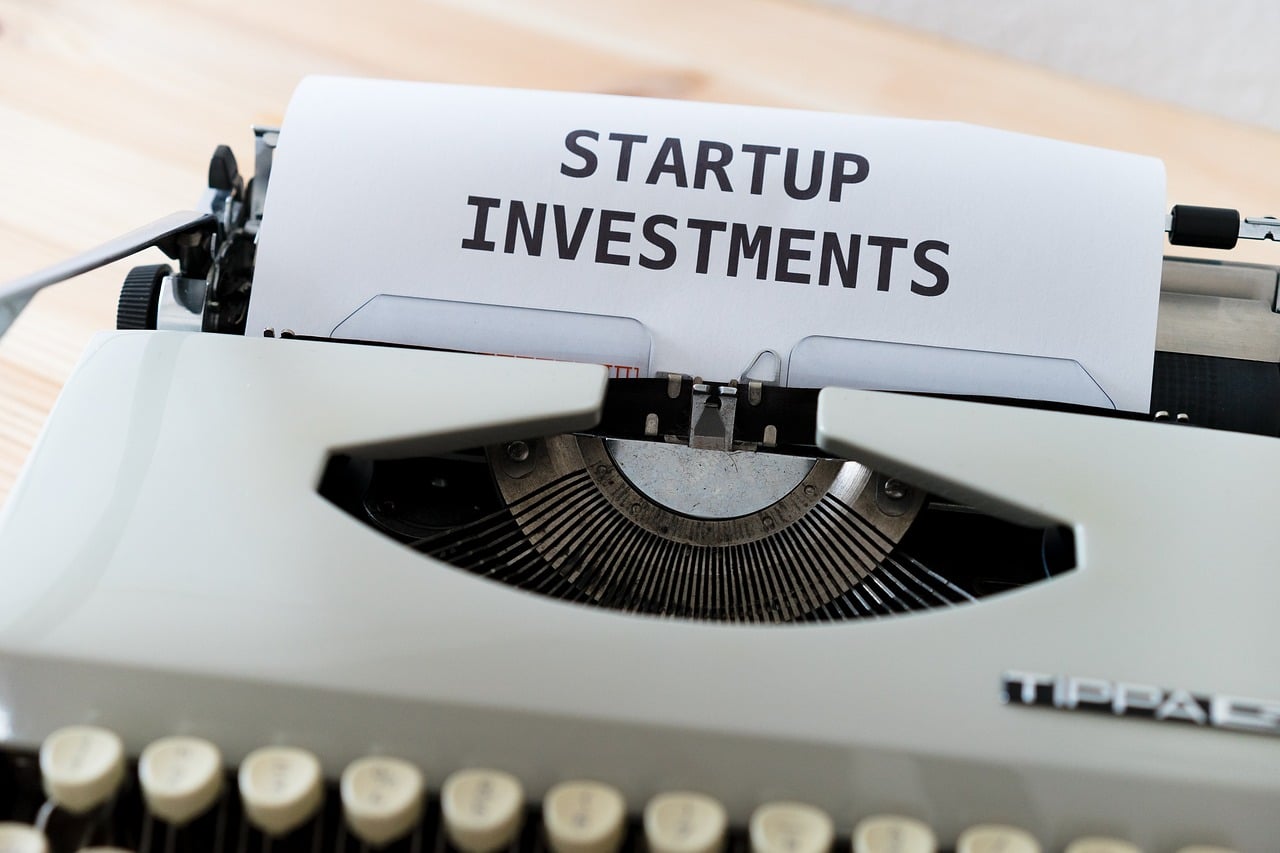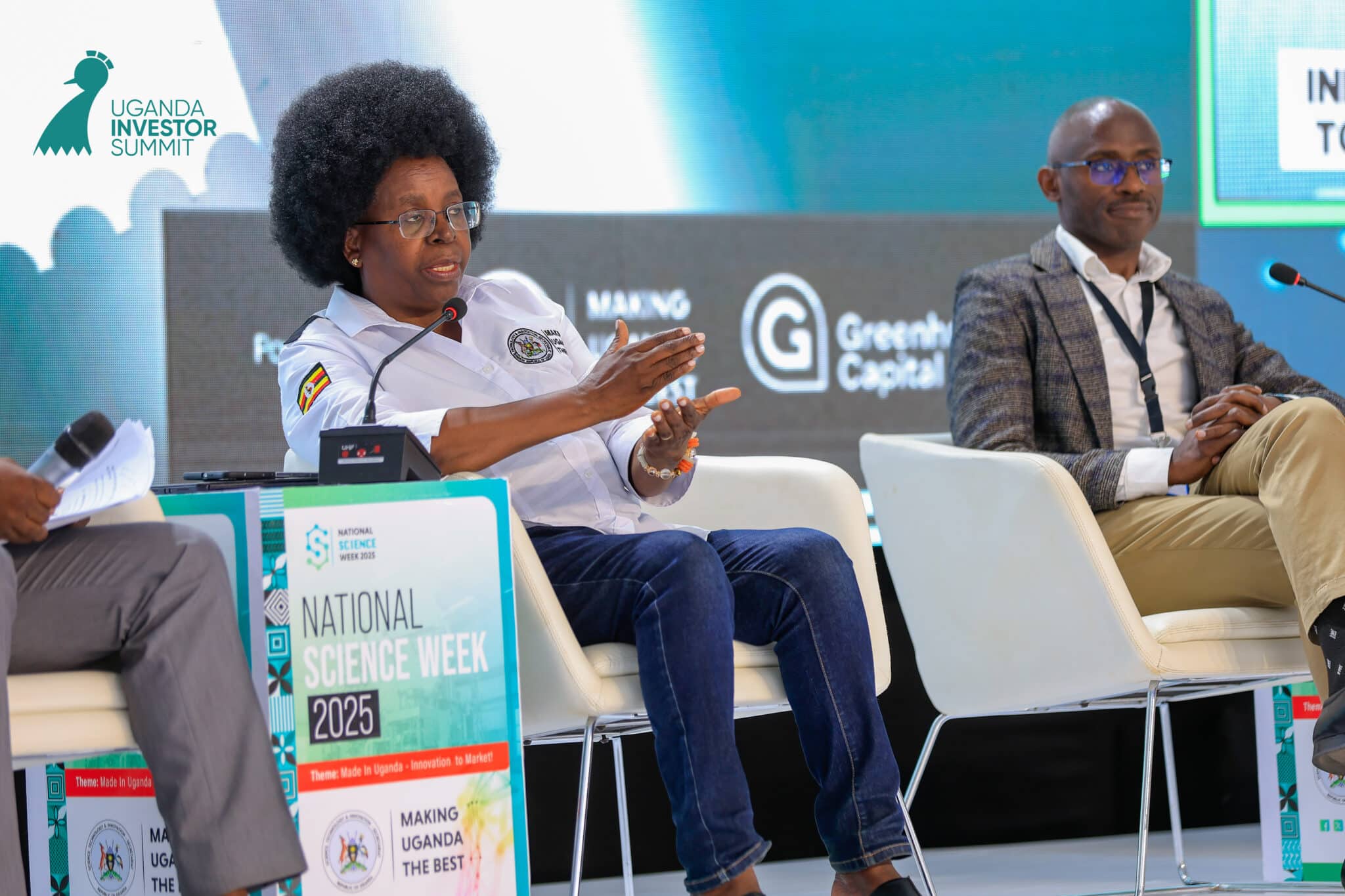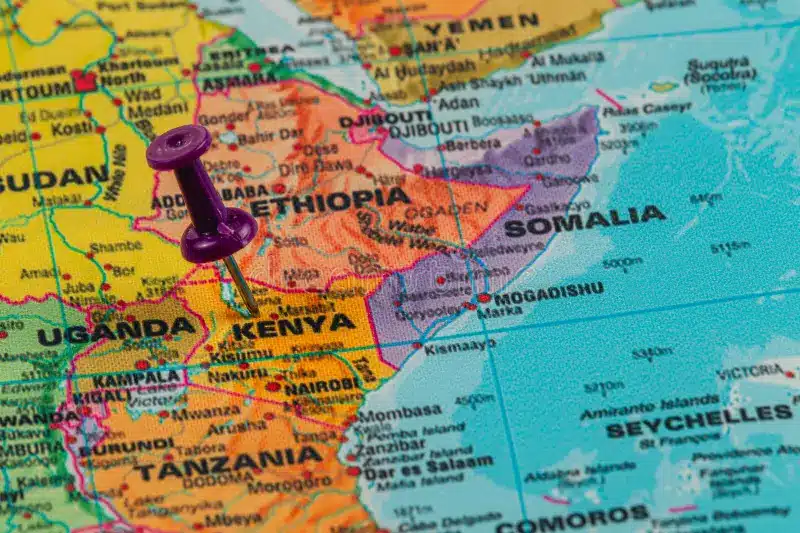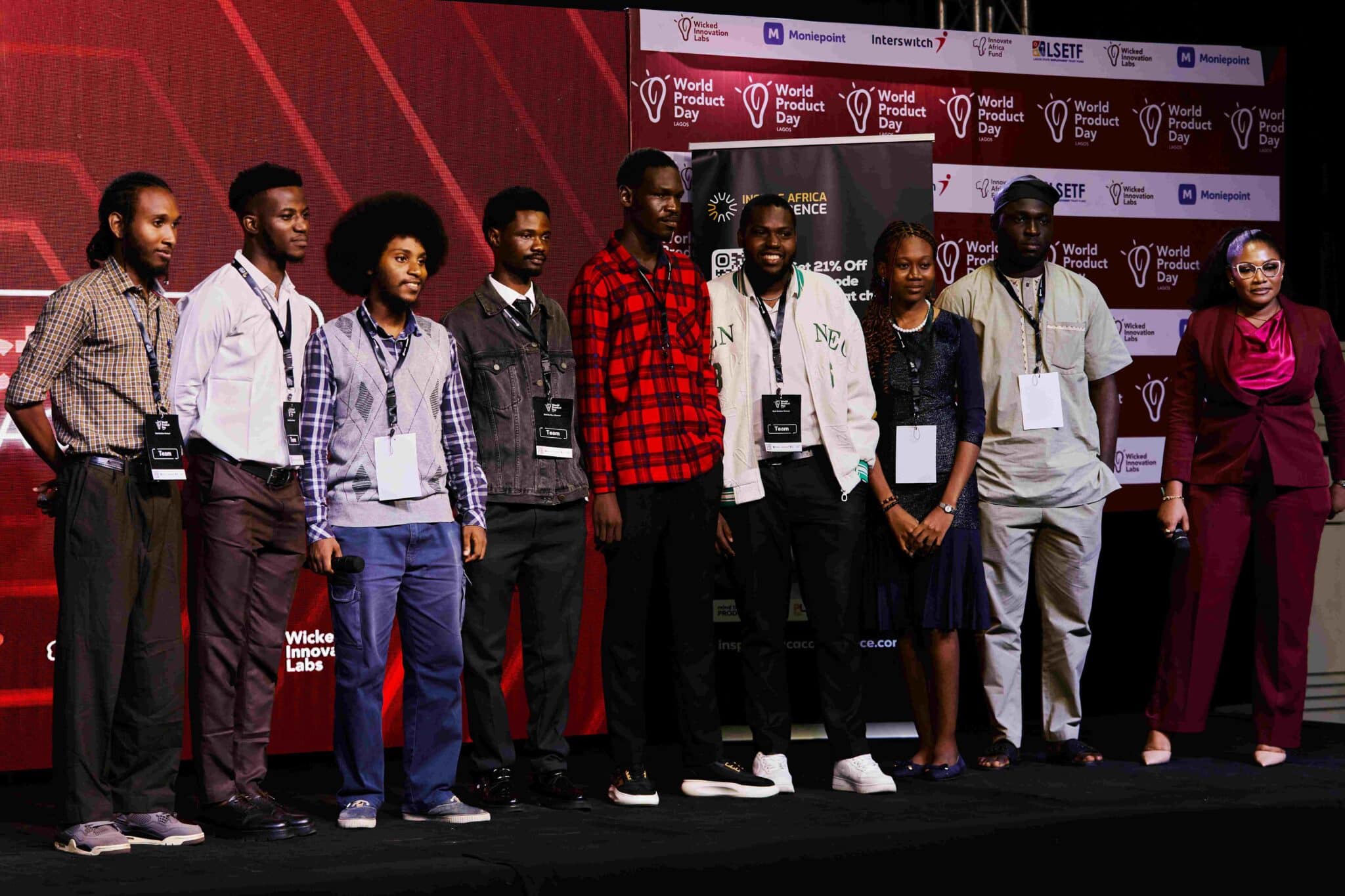African mobility startups attracted the most funding in Q1 2024, as total funding fell by 62% year-on-year.
After a poor showing that saw African startups raise $2.2 billion in 2023, the consensus among many founders and investors was that very little would change in the first few months of 2024.
Data from Intelpoint supports that prediction, as startups only raised $329.5 million across 51 deals in Q1 2024. At the same stage last year, startups in Africa had raised $873.9 million, although much of it was driven by MNT-Halan’s $400 million raise in February.
Although funding remains low, there has been steady month-on-month growth. With $70.7 million raised in January, there was a slight dip to $67.8 million in February, with the numbers rising again in March to $190 million.
Moove raised $100 million in March, but even excluding that, funding would have been $90.8 million in March.
Mobility and fintech lead the way

Mobility startups raised the most funding in Q1 2024. Moove led the way with $110 million from a Series B round led by Uber in March and $10 million in debt financing towards its Indian expansion. Bloomberg had earlier reported that Uber was in talks to lead the startup’s Series B.
Moove allows ride-hailing drivers to obtain vehicles without paying upfront, and Uber’s investment was the culmination of a partnership that began in 2020. Moove’s model has come under fire in Nigeria as drivers complained about the repayment plan, which was made worse by rising operational costs.
Apart from Moove, Planet42 raised $16 million from Standard Bank, and Ampersand raised $12 million in January bringing the amount raised by mobility startups to $178.6 million.
Funding to fintechs has remained low, with only $38 million raised across three months.
While sharing her expectations for 2024, Maelis Carraro, Managing Partner of Catalyst Fund, stated that she expected funding for climate tech startups to continue as more investors raised funds to invest in climate solutions on the continent.
While only a handful of climate tech startups have raised any money in 2024, the sector was the third-most funded in Q1.
Funding destinations and types remain unchanged
There were no surprises around funding destination, with the usual culprits — Nigeria, Egypt, South Africa, and Kenya — taking home 82% of the funding.
Equity funding remains a major source of funding for startups on the continent at 87.8%, with debt making up 11.6% of the funding. Less than $2 million was raised in grants.
Later stages grew
Much of the funding activity in Q1 occurred at the later stages, although undisclosed funding rounds accounted for the majority of the funding ($140.5 million) in this period.
Moove’s $100 million Series B was the only Series B round recorded, but Series A startups raised $48 million.
Further down the funnel, seed rounds totalled $30.7 million, pre-Series A rounds totalled $6.7 million, and pre-seed funding was a meagre $3.6 million.
Acquisitions
Conversations around exit opportunities have become more frequent in the last year as investors seek returns. Although interest in African startups remains, most investors argue that exits are necessary to strengthen the case for investing in African startups.
Secondaries are a great opportunity for early-stage investors, but with IPOs an unlikely option, acquisitions provide an opportunity for investors to recoup their investments.
There’s still a slight problem, though. Most acquisitions remain undisclosed, fueling speculation that they may have yielded little financial returns.
Notable acquisitions include:
- Carbon’s acquisition of Vella Finance
- PaySpace’s acquisition of Deel
- Auto24’s acquisition of Kupatana
- Baim’s acquisition of Orcas
More Africa-focused funds were launched
More funding is necessary to reduce the effect of the funding drought, and several Africa-focused firms have launched or closed new funds.
The largest by a mile was Partech’s. The firm hit the second close of a $300 million fund that is the largest targeted at African startups. It will make investments from the seed to the early growth stages.
Satgana raised $8.6 million to invest in climate tech startups across Africa and Europe. It had initially planned to raise $32.4 million but fell short, a sign of the difficulties first-time fund managers currently face in raising capital.
Former Andela co-founder Iyinoluwa Aboyeji announced the launch of Accelerate Africa, an accelerator backed by a grant from the United States Agency for International Development (USAID). Aboyeji, who already runs Future Africa, hopes to fill the shoes left by Y Combinator’s decision to scale back on its activities on the continent.
P1 Ventures also hit the second close of its $35 million fund and plans to expand its operations to Senegal and Kenya. Other investors that launched include BimaLab Africa Insurtech Accelerator, Sawari Ventures, Injaro, Seedstars, and weVentures.
Methodology
The funding data used in this article is based on publicly available data and only takes into account disclosed funding amounts. Startup sector nomenclatures may differ from what is obtainable elsewhere.
For example, even though startups like Moove and Planet42 are often referred to as mobility fintechs, we have classified them as mobility startups.
Please note that only businesses that have the majority of their operations in Africa were considered for this report. This means that even if a startup’s founders are not African, they are included if Africa constitutes the majority of their operations.











